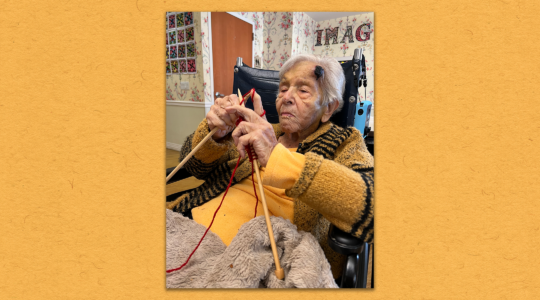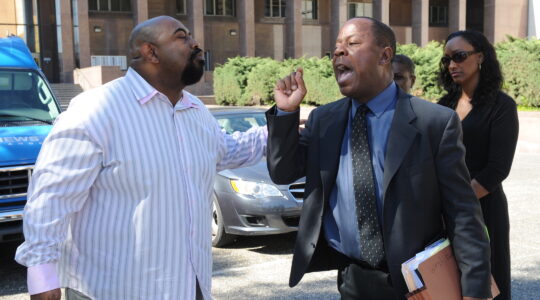JERUSALEM, Dec. 8 (JTA) — Labor Knesset member Avi Yehezkel has introduced a bill that would require all members of the country’s religious councils to declare that they are Orthodox. The bill, which last week passed its first of three required Knesset readings in a vote of 22-5, apparently came as a shock to many parliamentarians, including those in Yehezkel’s own Labor Party. If the bill ultimately passes all three readings by the 120-member Knesset — something that is considered highly unlikely — it would invalidate several High Court of Justice rulings that have paved the way for non-Orthodox Jews to sit on religious councils. In one of those rulings, issued in January, the court reaffirmed an earlier ruling that local religious councils cannot bar candidates from non-Orthodox denominations solely on the basis of their religious affiliation. In its ruling at the time, the court rejected the Jerusalem municipality’s decision not to appoint Reform and Conservative rabbis to its council. The local religious councils, supervised by the Religious Affairs Ministry, have exclusive jurisdiction over marriage, kashrut, burial and other religious matters for all Jews living in Israel. The services provided by the councils are rendered according to Orthodox practice regardless of the affiliation or religious customs of the individual receiving the service. Anat Galili, spokeswoman for the Reform movement, said Yehezkel’s action had come as a total surprise. Last week, “the Labor Party declared that it would not support legislation that would change the religious status quo. How can we believe what the Labor Party says when it lets its members do what they want?” Although Galili expressed the view that “the bill will never pass because Yisrael Ba’Aliyah, The Third Way and most members of the Labor Party won’t support it,” she added that once legislation is introduced, “there is always some risk.” Labor faction Chairman Ra’anan Cohen said most Labor Knesset members had been caught off guard, adding that nobody had read Yehezkel’s bill “or knows what it says.” Noting that the measure must first be approved by members of the Knesset’s legislative committee before being eligible for its final two Knesset readings, Cohen said, “we’ll stop it in the committee. In a few days, no one will remember that this bill existed.”
JTA has documented Jewish history in real-time for over a century. Keep our journalism strong by joining us in supporting independent, award-winning reporting.





